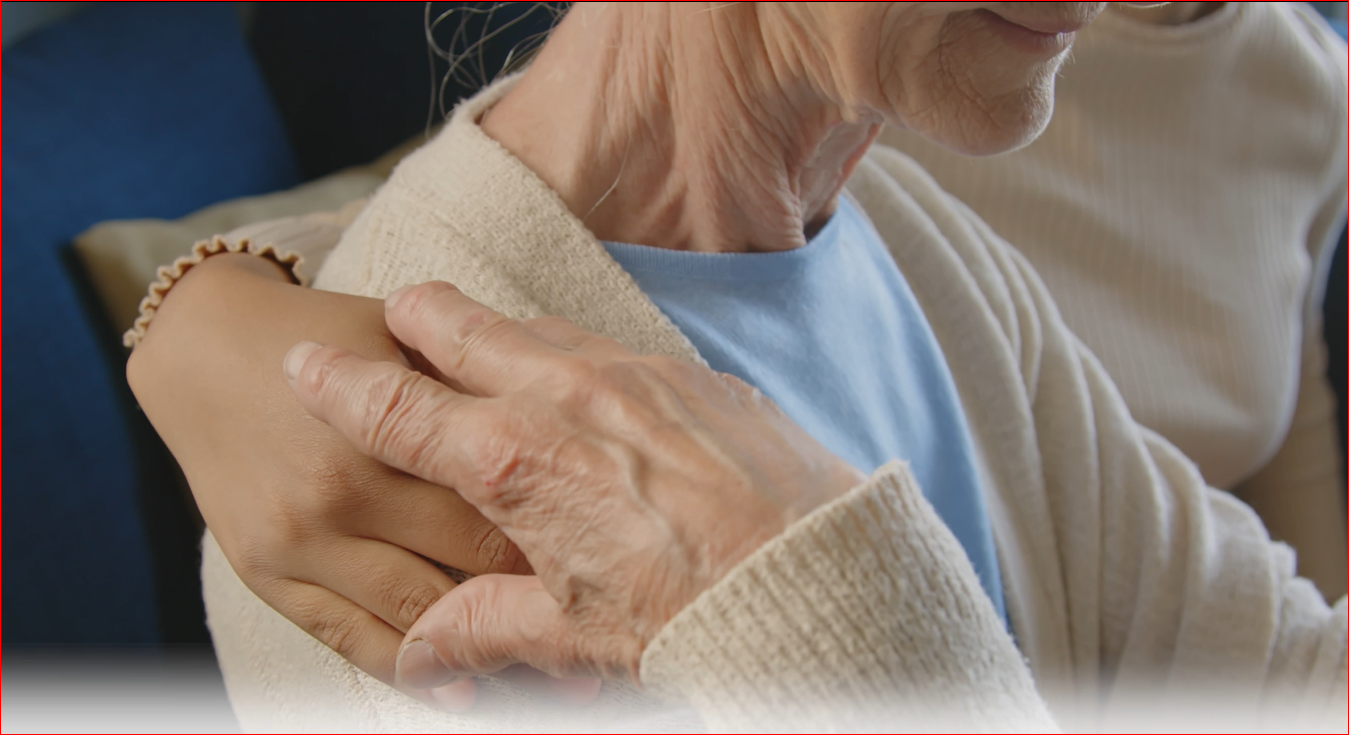Do sleep deprivation, poor eating and exercising habits, or postponing your own medical or social appointments sound familiar? The daily emotional and physical drain, especially if you’re a caregiver for someone living with the effects of dementia or Alzheimer’s, can become taxing on your own health. But the truth is, if you are not properly taking care of yourself, how will you be able to show up for your senior loved one?
Yes, it’s natural to feel like “something bad could happen” if you’re taking time out for you—but it could happen when you’re with them, as well. There’s a reason they tell you to put your own oxygen mask on first in case of emergency on an airplane. If you do not take care of yourself, you won’t be able to show up for others in a competent manner.
Recognize and work through emotional baggage
Recognize that it’s important to acknowledge your feelings of guilt, shortcomings, and boundaries, and then you can work through them by journaling, meditating, or speaking to someone. By voicing your emotions and worries aloud, you are letting go of the power they hold over you, and you can begin to take better care of yourself, and in turn, your loved one.
Give yourself some grace
We’re all human, and that means our positive attitude can falter and it’s easy to feel overwhelming frustration at times. But know that you’re doing your best, and that’s all anyone can ask for in such a situation. Caring for a senior loved one is a journey, so it’s important to celebrate the wins and practice daily gratitude for the challenges overcome along the way. Be kind to yourself, first and foremost.
Take a break from caregiving
This can look different for everyone, depending on the situation. It can include asking for help when you need it from another family member or a professional caregiver, or simply enjoying a cup of coffee in solitude or taking a walk in the fresh air to revitalize the spirit. Taking a break like this gives each of you a little breather to regroup and come back to each other with renewed energy.
Verve Senior Living communities offer respite stays for longer breaks, discover one in your area. And remember: Taking a break is self-care, and far from selfish!
Make stress relievers a regular part of your routine
From a regular exercise session or coffee with a friend, similar to taking a break, the methods you use to relieve stress are even more vital to include in your daily routine. Journaling and meditation are a great way to work through your emotions and recognize your triggers to identify solutions. The Mayo Clinic has identified several wonderful stress management tips for caregivers.
Surround yourself with a solid support network
It takes a village! Surround yourself with supportive family, friends or a support group. Having someone you can pick up the phone and call, or even shoot a late-night text too, is paramount to the caregiver survival game. They can ease your mind, answer questions, and simply be there when you need—and even if you don’t realize that you do.
Being well-informed about dementia and Alzheimer’s can also help you stay on top of your role as a caregiver to feel more in control of your situation. Understanding the signs and symptoms of dementia is the first step. Already caring for someone living with the effects? Here are our six tips for seniors living with dementia.
And repeat after us: self-care is crucial for everyone involved, not selfish.




